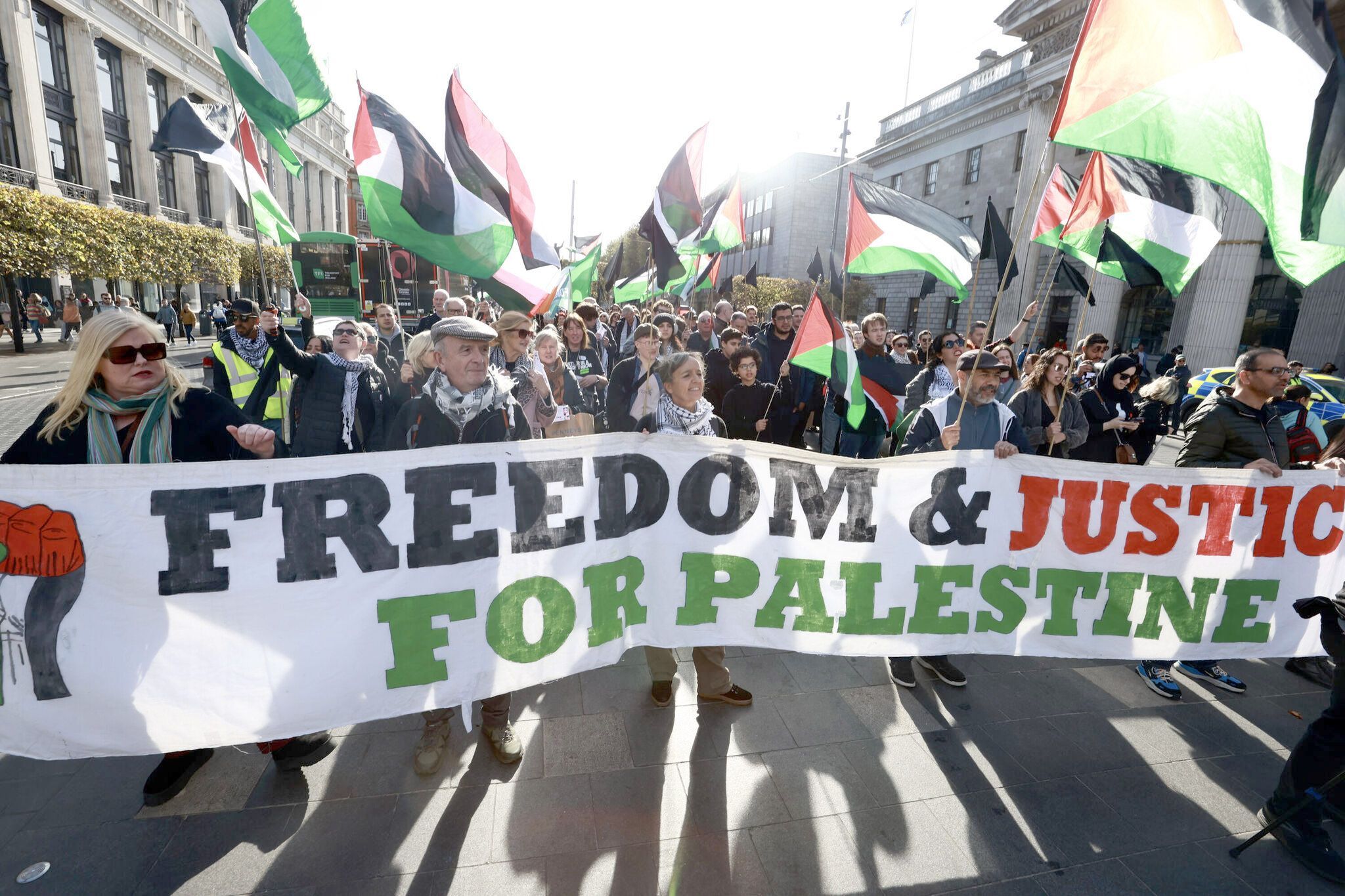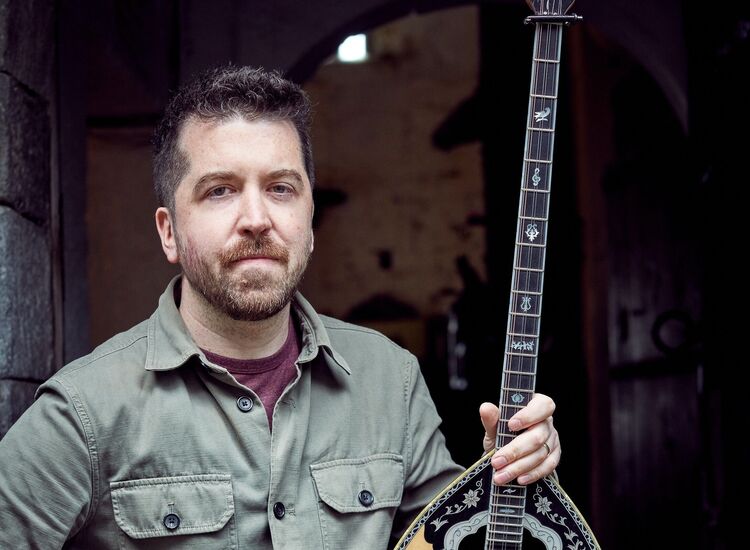It is clear that the next occupant of the White House will have to play an outsize role in healing wounded peoples across the globe. On the issue of Israel/Palestine, the U.S. and Irish governments are further apart than on any other foreign affairs question.
Only a President Harris would bring the prospect of closing that transatlantic rift and hammering out a settlement which not only would prevent this appalling slaughter, but also provide freedom and security to Palestinians and Israelis alike.
A President Trump, on the other hand, would be inclined to let Israeli leader Benjamin Netanyahu do pretty much as he wants. And thus far that looks like an endless war in Gaza, the West Bank, and now in Lebanon.
It is one of the peculiarities of this presidential election contest that those most loudly protesting against the deaths of so many Palestinians are also the most critical of President Biden and his vice president.
The Biden/Harris administration has been pressing for a ceasefire for months. Secretary of State Anthony Blinken has made numerous trips to the Middle East in search of a cessation of violence. But to no avail.
America is not powerless, but is caught in a bind between supporting a close ally, Israel, while advocating an end to Israeli attacks on, and slaughter of, tens of thousands of Palestinians.
The start of this war, the ruthless murders of over 1200 Israelis, cannot be forgotten or set aside. What has happened since, the deaths of over 40,000 Palestinians at the hands of the regional superpower, Israel, cannot be ignored or forgotten either.
Kamala Harris is not ignoring any of this but multiple reports seem to indicate that Arab Americans are holding her responsible for not bringing an end to the violence. Many who voted for Joe Biden say they will not vote for Harris on November 5.
The contradiction is clear. Arab Americans want Harris to bring American power to bear to end the violence against Palestinians. But they say they will not be voting for her.
This might be a tactic aimed at securing a pre-election pledge from Harris, or a decisive move by Joe Biden. Or it might be a case of Arab American voters actually deserting Harris. For the Democratic candidate this is a most fraught situation.
Meanwhile, what is even more fraught is the rising death toll in Gaza - what's left of it - and now Lebanon. Hamas and Hezbollah deserve little or no consideration. But innocent civilians most certainly do.
There is, as in any conflict, a number of moral considerations in play. The Geneva Convention was drawn up in part to clearly illustrate moral requirements and the limits of violence that can be unleashed, even in a war. The convention is, in a sense, a series of codified lines in the sand.
There are always lines to consider in war. To this day the firebombing of Dresden, in February 1945, is still hotly debated in terms of whether it was just another act of legitimate warfare, or an act amounting to a war crime. The debate will never conclude.
What will also not conclude, even after an end to the onslaught against Palestinians, is the argument to the effect that the violence unleashed on Palestinians by Israel has crossed a line to the point that it has become a war crime against the innocent and the helpless.
Israel considers itself a moral nation. There is certainly a great deal of moral angst being felt by Israelis with regard to the suffering of Palestinians. There is also a sustained fury over the events of October 7, 2023. The latter sentiment is still in the ascendancy.
All these emotions look set to continue. They will continue until after the U.S. presidential election and beyond it. And Palestinians will continue to die in numbers that have now surpassed Dresden in 1945.








